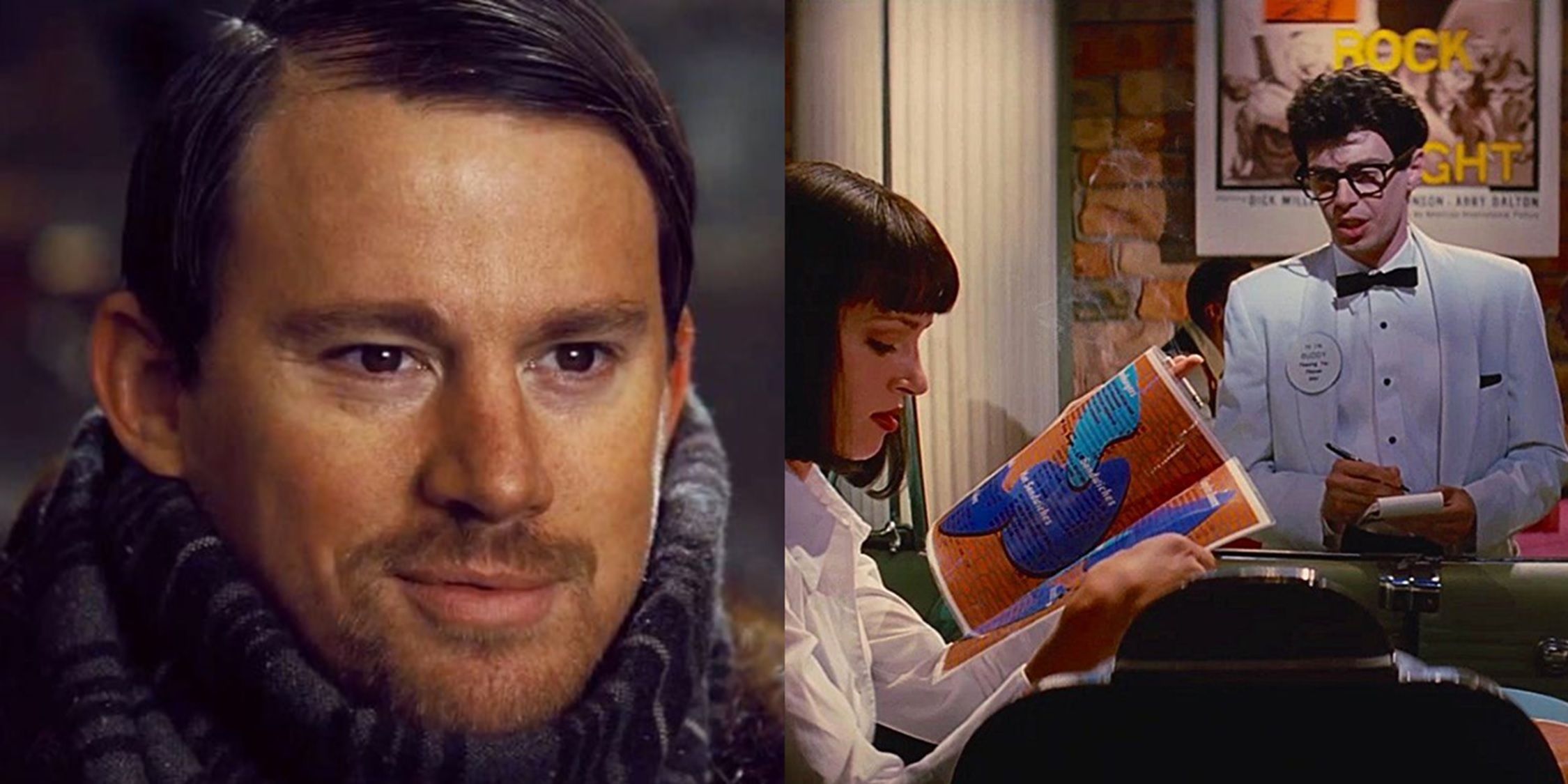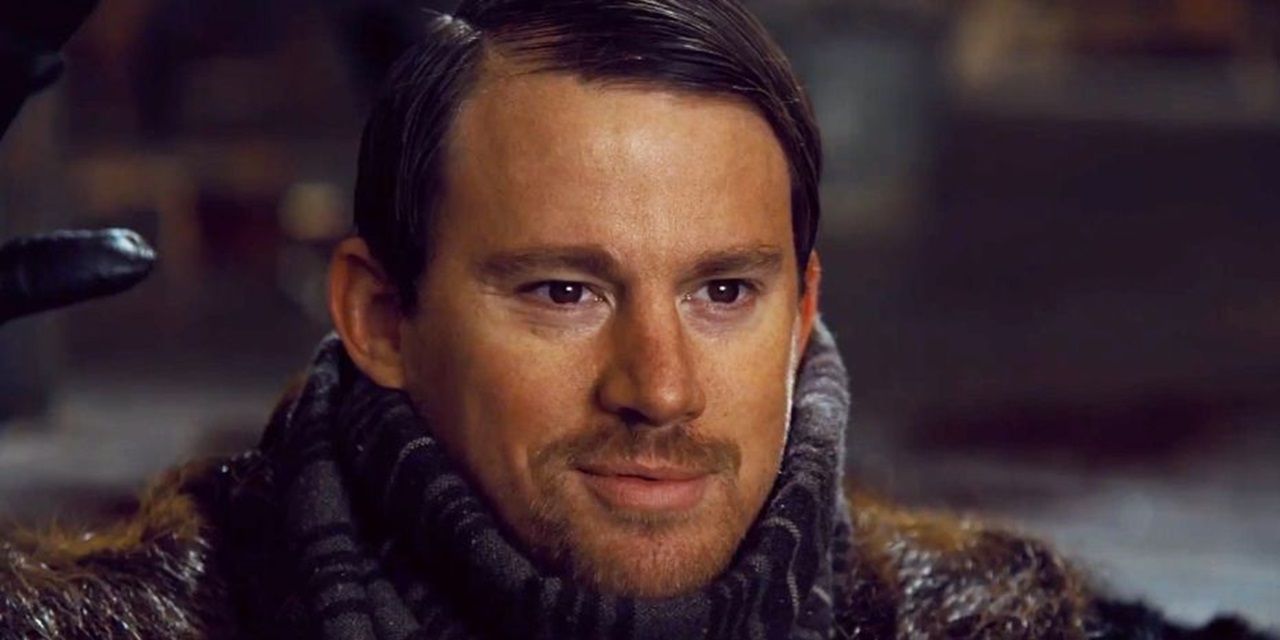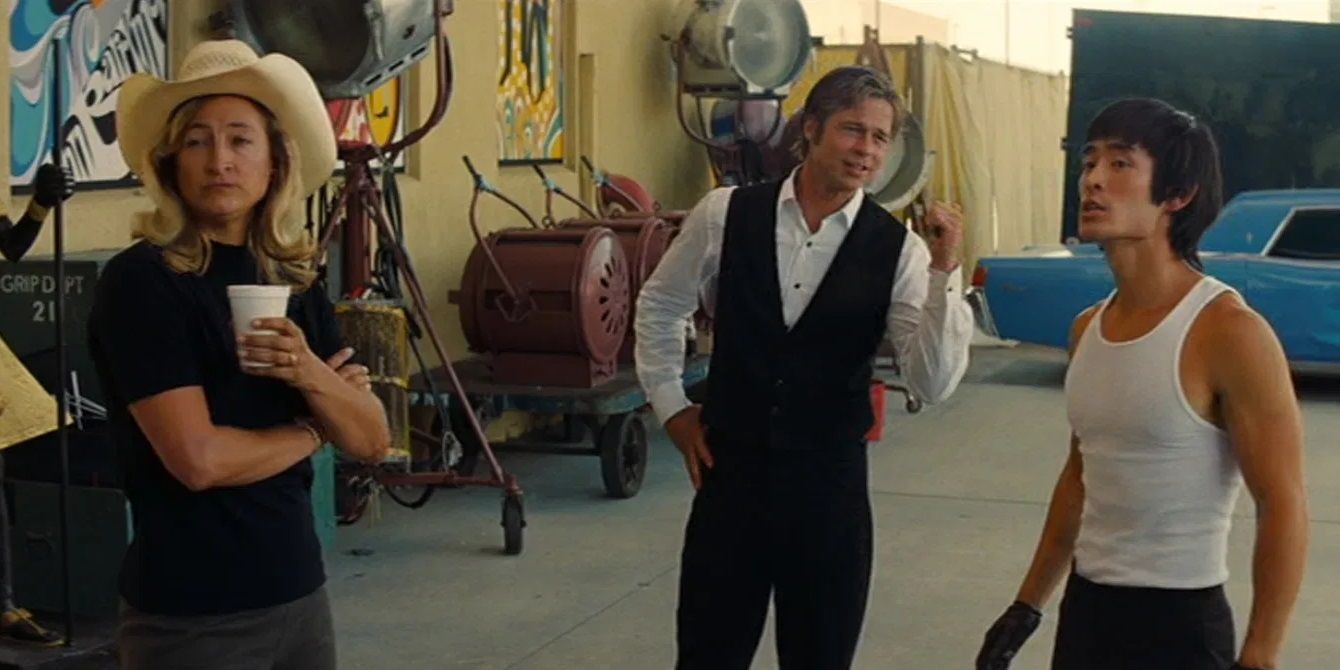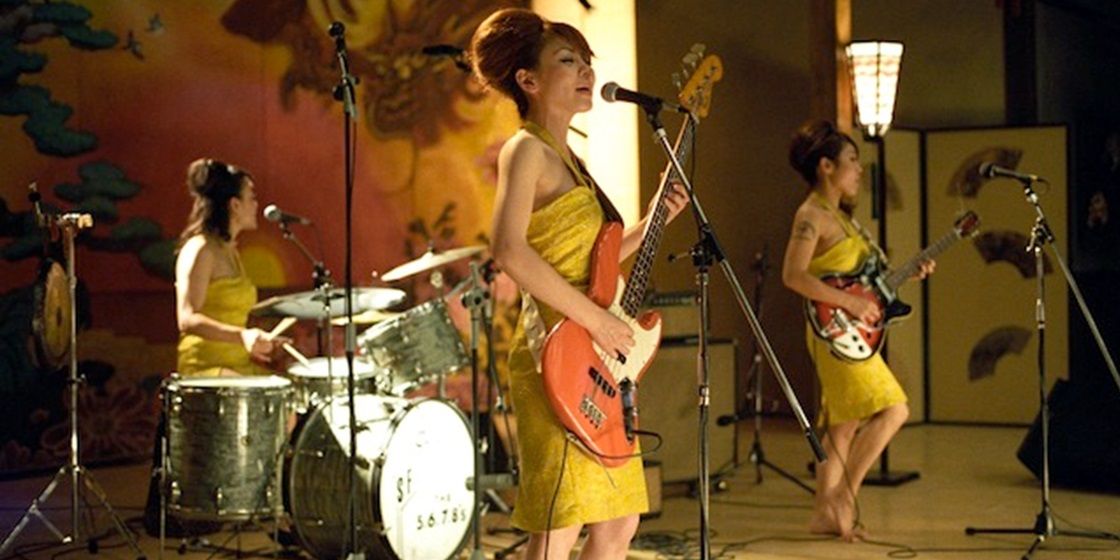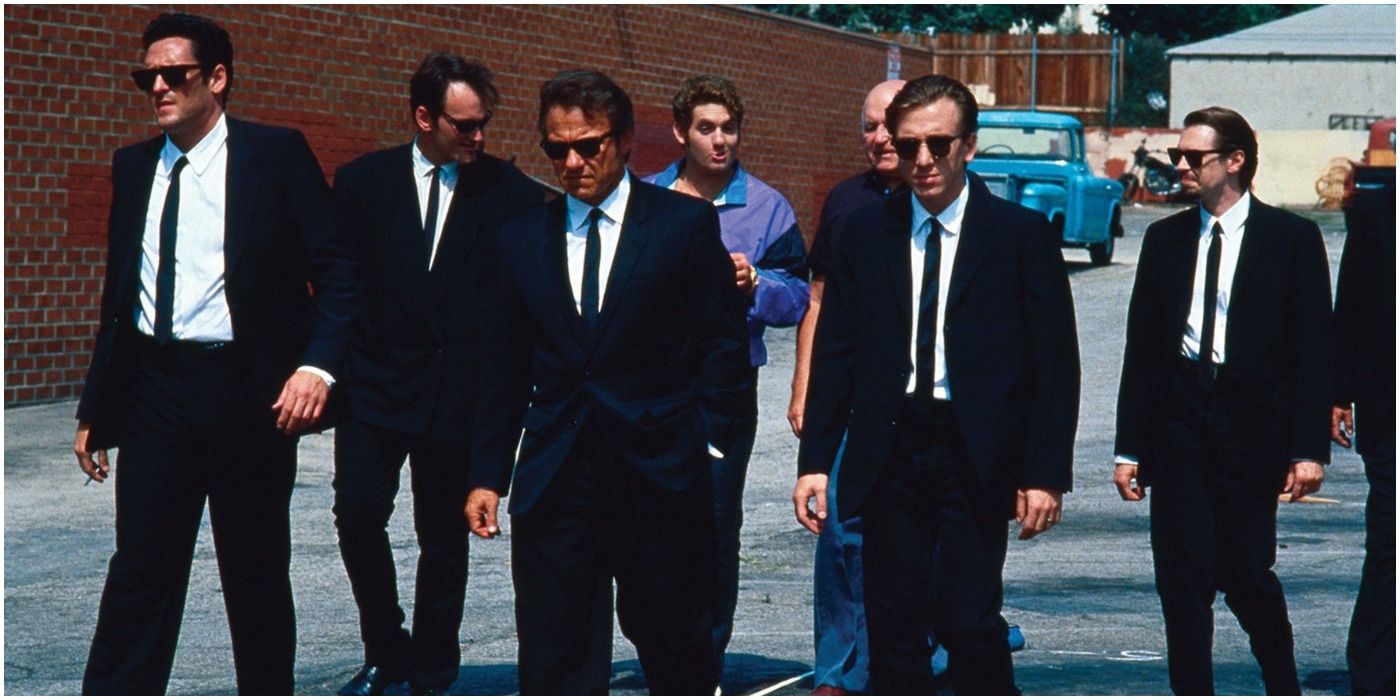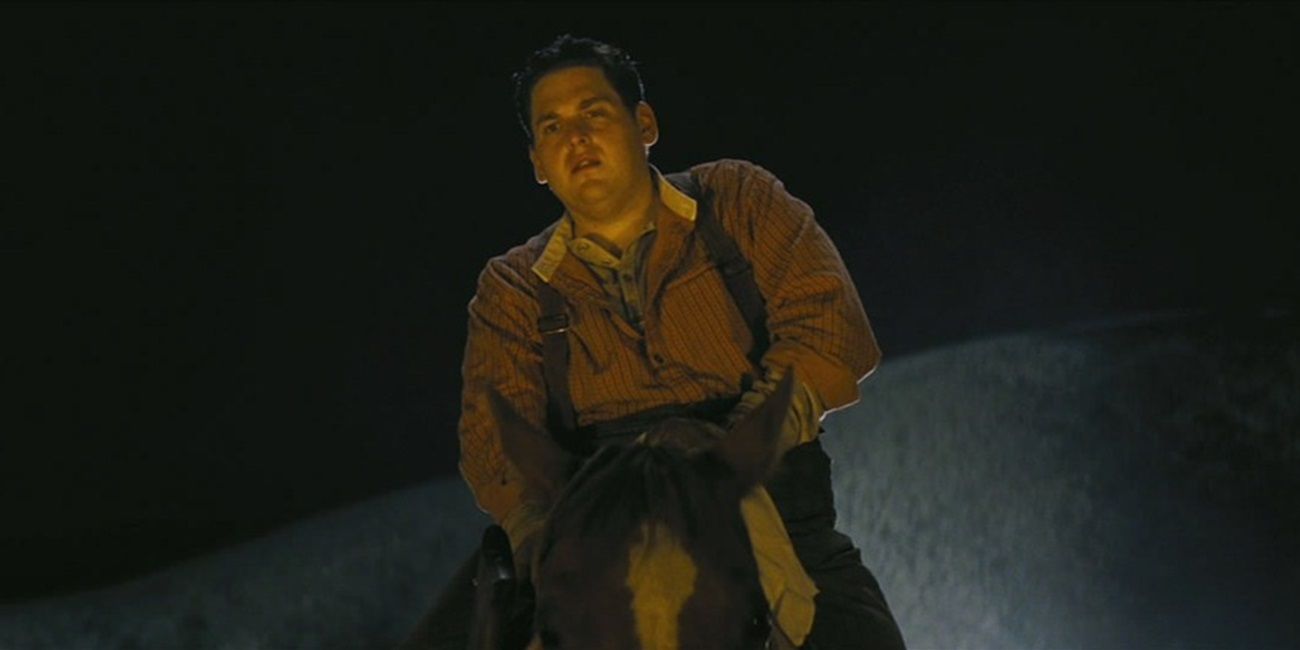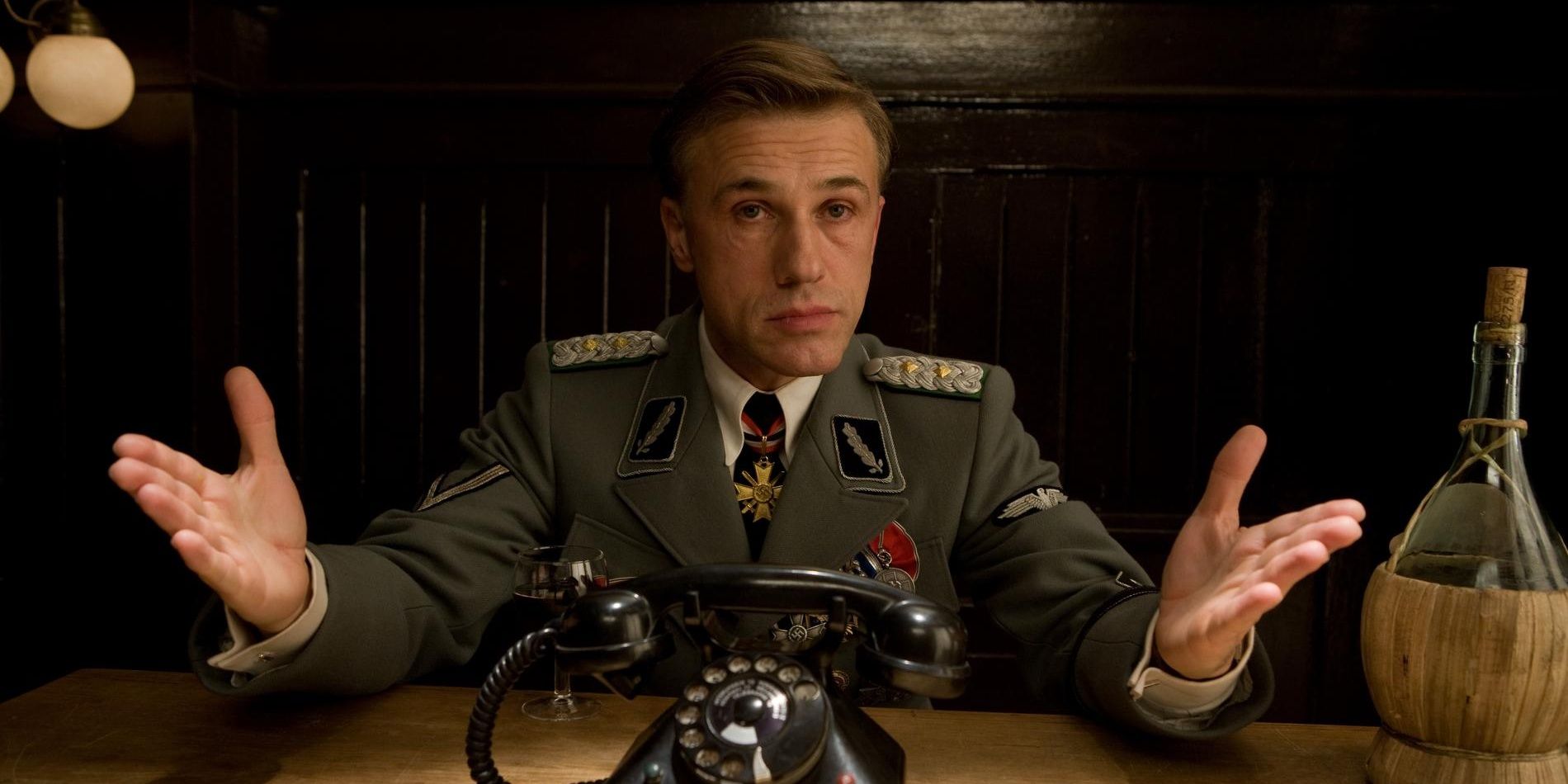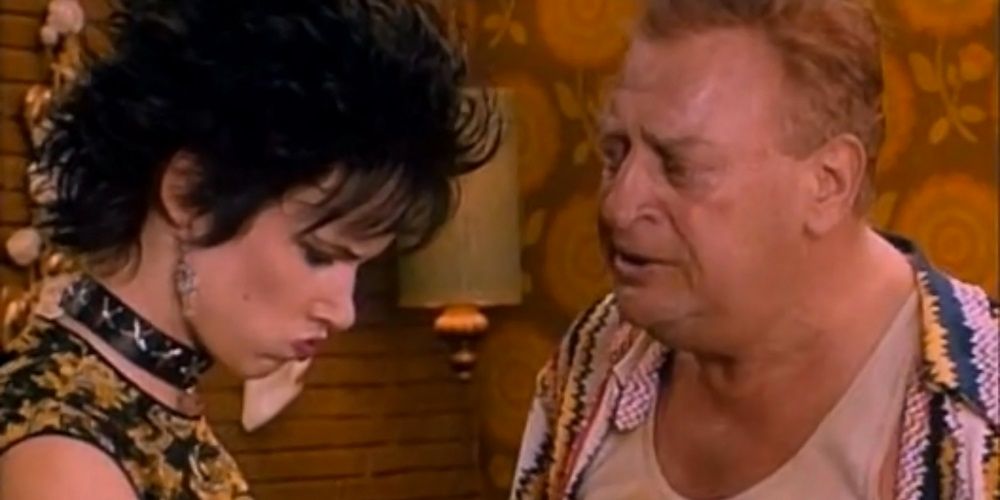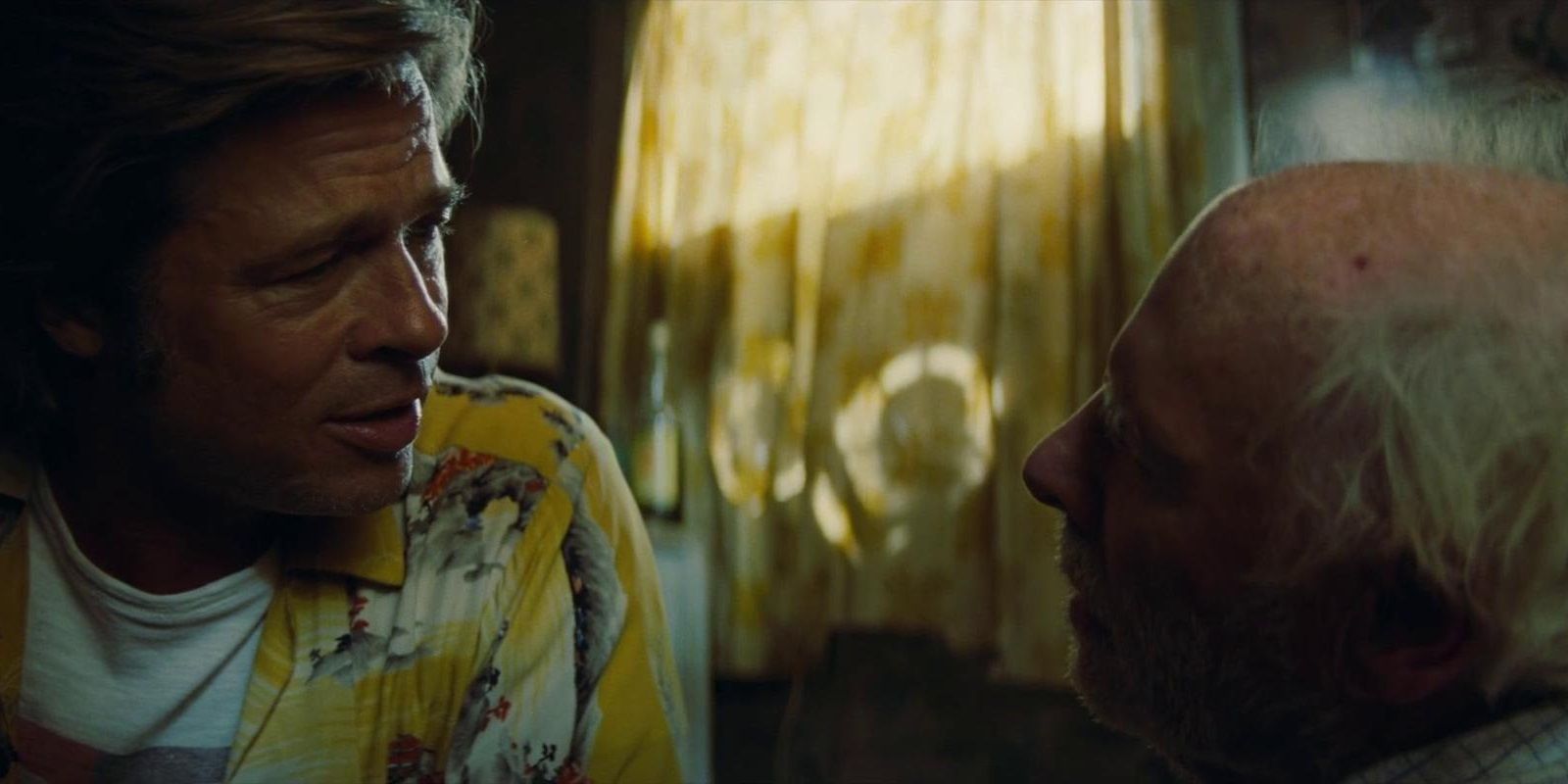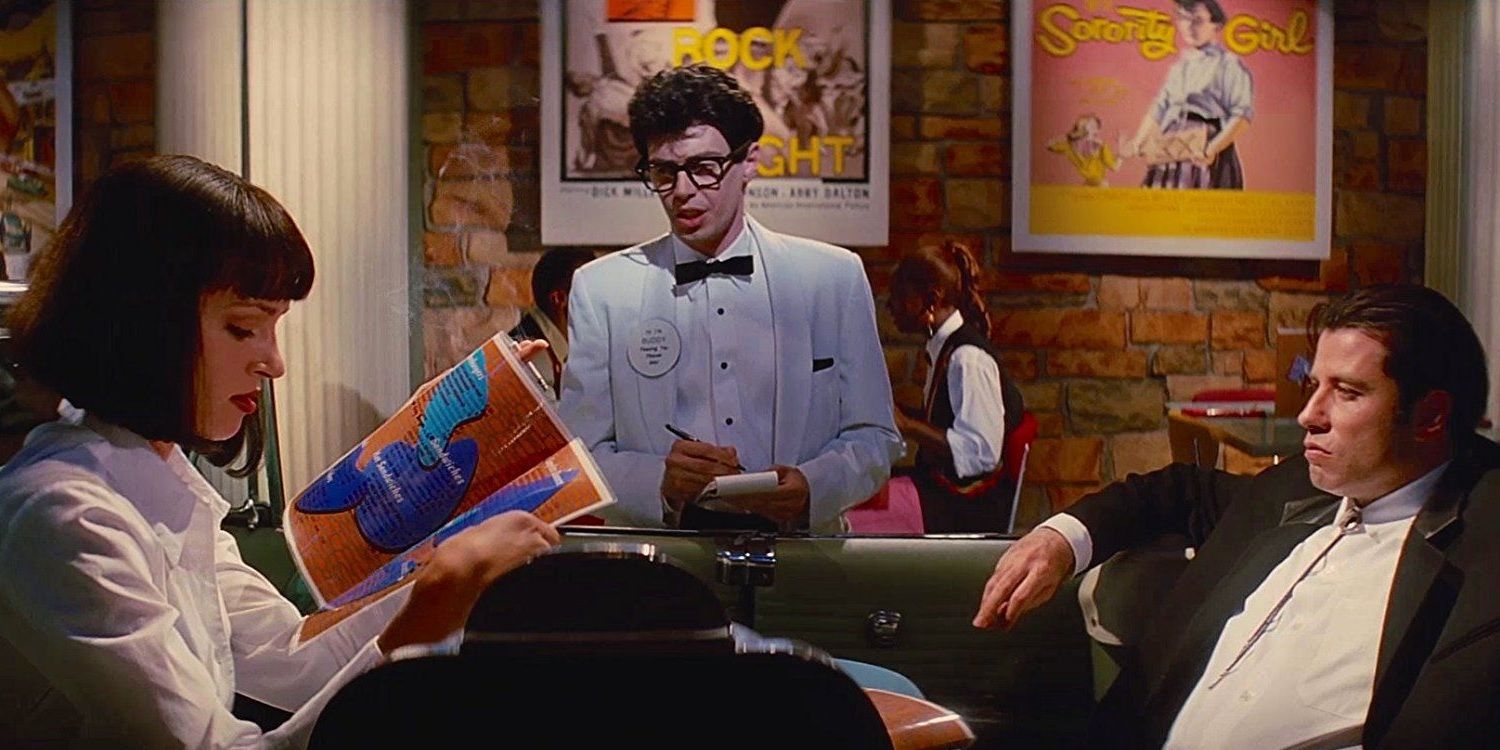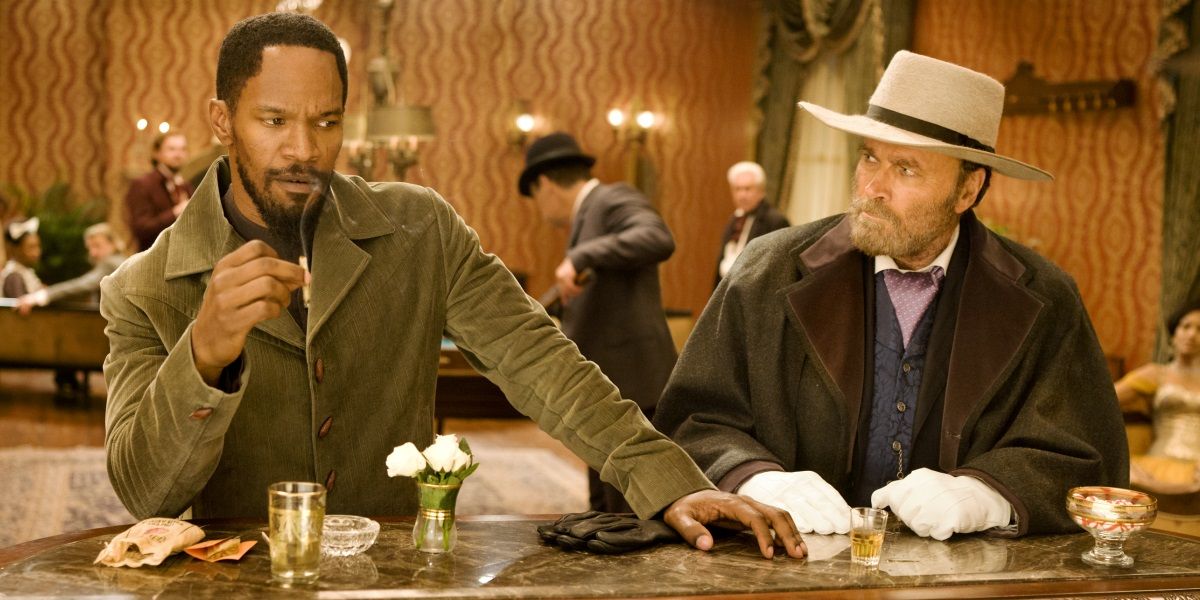There are many hallmarks of Quentin Tarantino’s filmmaking style, from lengthy dialogue scenes discussing mundane subjects like the metric system to graphic violent scenes with cartoonish amounts of blood. The director is also known to draw his castings from the same company of actors, as well as bringing in some fresh faces for each project. Sometimes, the director’s regular collaborators, or big stars who couldn’t commit to a major role, will play a minor part in one of his movies.
Cameo appearances by high-profile performers — either high-profile in their meta relation to the rest of Tarantino’s filmography, like Zoë Bell, or high-profile in the more traditional sense, like Channing Tatum — are almost as common as gruesome gunshot wounds in Tarantino’s movies.
Channing Tatum In The Hateful Eight
When Major Warren starts to piece the mystery together following the poisoning of the coffee pot in The Hateful Eight, he lines up all the people he doesn’t trust and takes their guns.
Then, he’s shot in the crotch by an unseen assailant underneath the floorboards. Daisy’s brother Jody Domergue has been hiding down there the whole time and he’s played by none other than Channing Tatum.
Zoë Bell In Once Upon A Time In Hollywood
In an extended flashback sequence in Once Upon a Time in Hollywood, Rick Dalton implores stunt coordinator Randy to hire his double Cliff Booth. Randy is apprehensive because Cliff allegedly killed his wife and his own wife Janet hates him, but he reluctantly agrees to take him on.
After Cliff gets into a fight with Bruce Lee on the studio backlot, Janet shows up to yell at him — and she’s played by frequent Tarantino collaborator (and real-life stunt performer) Zoë Bell. Janet is furious when she sees that Cliff has slammed Lee into the side of her car.
The 5.6.7.8.’s In Kill Bill: Volume 1
Before the Bride takes on O-Ren Ishii and the Crazy 88 in a masterfully staged fight sequence in Kill Bill: Volume 1, the 5.6.7.8.’s are seen playing “Woo Hoo.”
The band members — Sachiko Fuji, Yoshiko Yamaguchi, and Ronnie Yoshiko Fujiyama — appeared as themselves in this scene.
Steven Wright In Reservoir Dogs
All throughout Reservoir Dogs, the songs on the soundtrack — from “Little Green Bag” to “Stuck in the Middle with You” — are introduced by the host of K-Billy’s Super Sounds of the Seventies.
The voice of the radio DJ is provided by standup comedian Steven Wright in his signature dry, deadpan delivery style.
Jonah Hill In Django Unchained
Jonah Hill was originally offered a larger role in Django Unchained, but he had to turn it down due to scheduling conflicts and the character he was supposed to play didn’t even end up making the final cut.
Instead, Hill cameos as Bag Head #2, a member of an early forerunner to the Ku Klux Klan, in the darkly hilarious scene in which they complain that they can’t see out of the eyeholes in their white hoods.
Harvey Keitel In Inglourious Basterds
Toward the end of Inglourious Basterds, when Col. Landa catches the titular Nazi-killing squad in the middle of a mission to assassinate Hitler and his top brass, he tries to manufacture a situation whereby he’ll emerge as the hero of the Second World War.
He negotiates his surrender with an OSS commanding officer via radio. This officer was voiced by a cameoing Harvey Keitel, who previously played a starring role in Reservoir Dogs and a supporting role in Pulp Fiction.
Rodney Dangerfield In Natural Born Killers
Since Oliver Stone directed Natural Born Killers from Quentin Tarantino’s script, it’s not technically a Tarantino movie. But despite Oliver Stone heavily reworking the script, it’s still got Tarantino’s voice all over it. The movie concerns a couple, Mickey and Mallory, who go on a crime spree across America after killing Mallory’s abusive dad.
That dad is played by Rodney Dangerfield, one of the funniest people who ever lived, and he brings an authentically sinister edge to the role. The character’s shocking acts of child abuse are disturbingly juxtaposed with a familiar multi-camera sitcom setup and uproarious laughter from a live studio audience.
Bruce Dern In Once Upon A Time In Hollywood
Burt Reynolds was originally supposed to play the role of George Spahn in Once Upon a Time in Hollywood, but since he died before filming began, he was replaced by Bruce Dern.
Spahn is at the center of one of the movie’s tensest scenes. The suspense is slowly built as the hippies try to keep Cliff from seeing Spahn and he slowly moves through the house, expecting something horrifying, only to discover that everything the hippies said is true and he’s just napping.
Steve Buscemi In Pulp Fiction
After playing the major role of Mr. Pink in Reservoir Dogs, Steve Buscemi made a brief cameo appearance in Pulp Fiction. He played the waiter dressed as Buddy Holly in the ‘50s-style restaurant Jack Rabbit Slim’s.
Buscemi was initially under consideration for the larger role of Jimmie in the movie but didn’t have time to make the shoot, so Tarantino ended up playing that part himself.
Franco Nero In Django Unchained
Tarantino couldn’t have made a movie homaging the iconic Sergio Corbucci spaghetti western Django without an appearance by its star Franco Nero.
Nero’s cameo in Django Unchained is handled perfectly. He plays a character named Amerigo Vessepi who’s joined by Django at the bar during a Mandingo fight. Django tells Amerigo how to spell his name and adds, “The D is silent,” to which he replies, “I know.”

